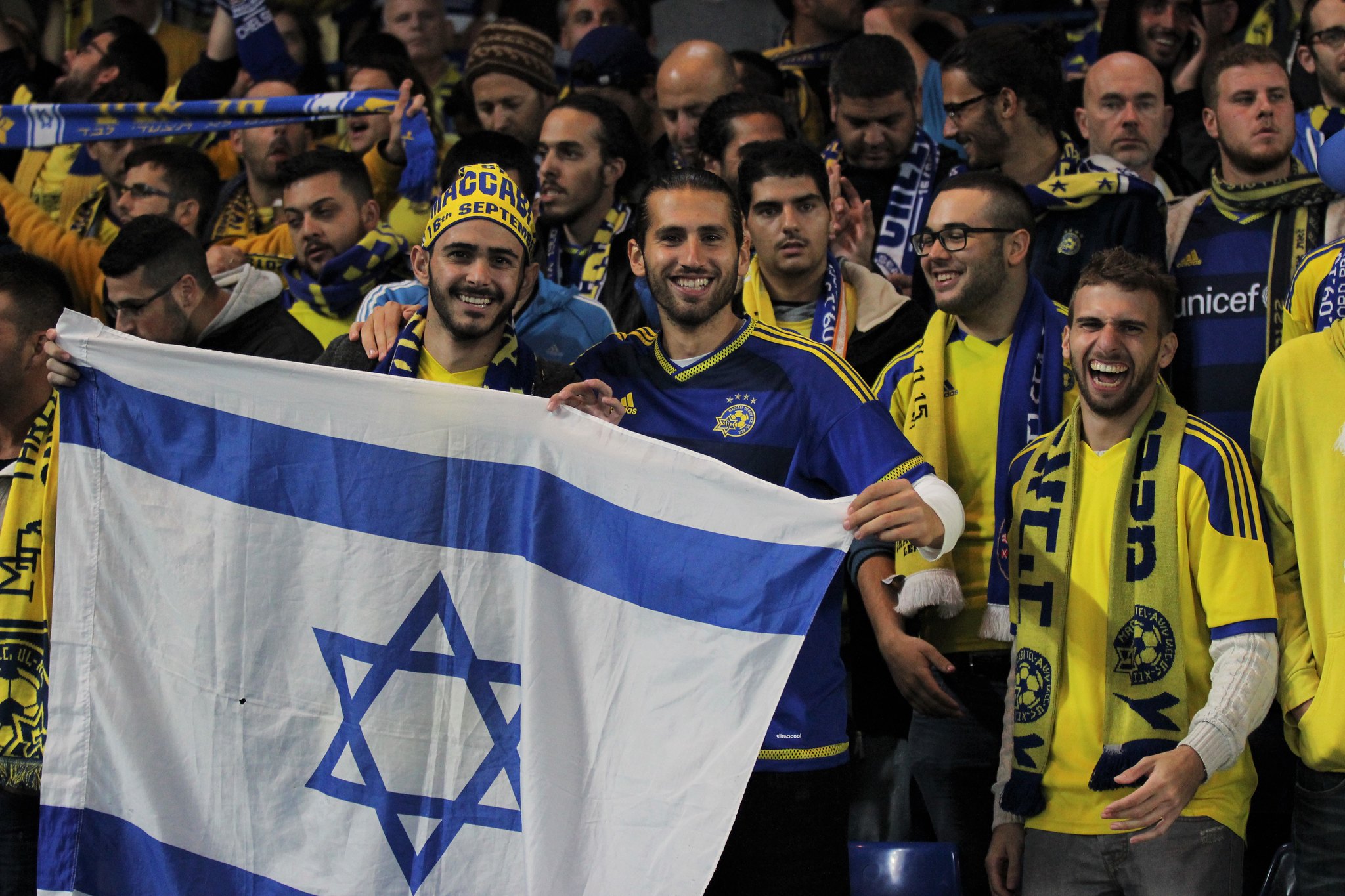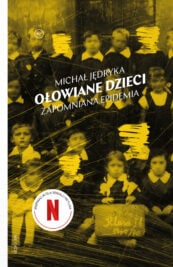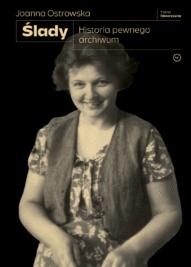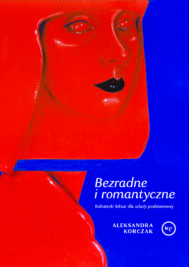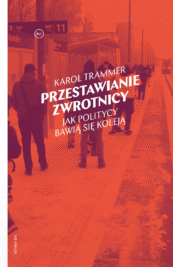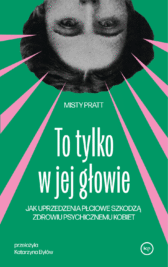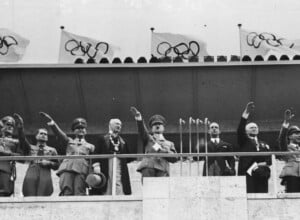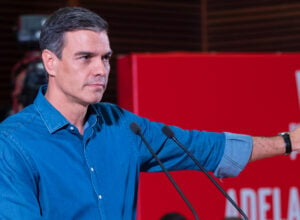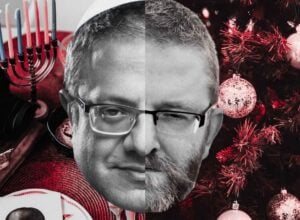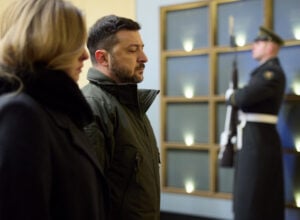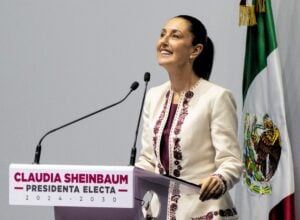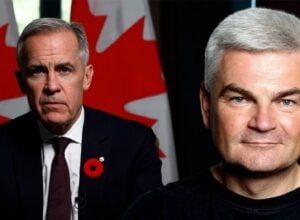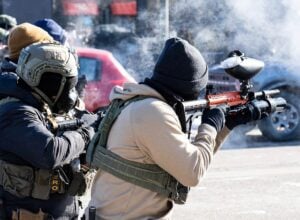Rozegrany w ubiegły czwartek mecz piłkarskiej Ligi Europy zakończył się zdecydowanym zwycięstwem Ajaksu Amsterdam, który pokonał Maccabi Tel Aviv 5:0, ale to nie wydarzenia boiskowe przyciągnęły najwięcej uwagi. Znacznie bardziej (nie)sławne stały się starcia niezwiązane ze sportową rywalizacją, mające miejsce poza stadionem.
W nocy po klęsce Maccabi wracający z Johan Cruijff Areny kibice izraelskiego klubu stali się celem ataków w różnych częściach miasta. Łącznie rannych zostało 20–30 osób, głównie Izraelczyków, pięciu trafiło do szpitala. Policja zatrzymała ok. 60 osób. Do pierwszych incydentów doszło jednak jeszcze przed meczem, a ich inicjatorami byli na ogół przyjezdni.
„Niech zwycięży IDF, j***ć Arabów”
Znani z rasizmu i skrajnie prawicowych poglądów ultrasi Maccabi Tel Aviv nie próżnowali w dniach poprzedzających spotkanie, demonstrując swoje przekonania polityczne, a zwłaszcza stosunek wobec Palestyny. Na ulicach holenderskiej stolicy można było usłyszeć tłumy kibiców skandujące hasła w rodzaju „niech zwycięży IDF, j***ć Arabów” czy „śmierć Arabom”. Nie brakowało też okrzyków pochwalających niszczenie szkół i zabijanie dzieci w Gazie. Z kolei już na stadionie fani Maccabi zakłócili minutę ciszy poświęconą ofiarom powodzi w Walencji, prawdopodobnie mając na uwadze krytyczny stosunek hiszpańskiego rządu do okupacji Palestyny.
Na słowach i gwizdach się nie skończyło. Izraelczycy zrywali palestyńskie flagi, wywieszone na niektórych domach w centrum Amsterdamu, przynajmniej jedną publicznie spalili. Co więcej, kibice Maccabi zaatakowali lokalnego taksówkarza, dopatrzywszy się u niego arabskiego pochodzenia. Izraelscy chuligani zaczepiali również innych Holendrów, zwłaszcza tych wyrażających sympatię dla Palestyny, próbując nawet wdzierać się do budynków, których mieszkańców podejrzewali o to samo. Do tego doliczyć należy dewastację przestrzeni publicznej, rzucanie kamieniami i liczne groźby, w tym śmiertelne.
Reakcja holenderskich służb na agresywne zachowanie przyjezdnych była bardzo zachowawcza. Nie próbowano dokonać zatrzymań, być może obawiając się sprowokowania kibiców i eskalacji przemocy. Na jednym z nagrań słychać nawet, jak Izraelczycy szyderczo komentują obecność policji w pobliżu, stwierdzając, że nie mają się czego obawiać ze strony funkcjonariuszy. Ci ostatni bardziej stanowczy byli wobec uczestników protestów propalestyńskich, chociażby skutecznie powstrzymując ich przed dotarciem pod stadion w czwartkowy wieczór. Nie zapobiegli jednak eksplozji przemocy po meczu, gdy do akcji wkroczyli zwolennicy brutalnego potraktowania przyjezdnych.
„Kryształowa noc” na ulicach Amsterdamu?
Świat obiegły nagrania z nocy 8 listopada, przedstawiające ataki grup młodych mężczyzn na kibiców Maccabi. Sprawcy koordynowali swoje działania przy pomocy komunikatorów takich jak WhatsApp, Telegram czy Snapchat, zachęcając się wzajemnie do polowania na Izraelczyków lub Żydów. Używając skuterów i taksówek, podjeżdżali do wypatrzonych ofiar, bili, a następnie szybko uciekali z miejsca przestępstwa.
W niektórych miejscach wywiązywały się bijatyki z kibicami Maccabi chwytającymi za kije i kamienie w celach zarówno obronnych, jak i zaczepnych. Z kolei niektórzy z holenderskich agresorów mieli noże lub inne niebezpieczne narzędzia, których używali przeciwko osobom w barwach izraelskiego klubu, ale nie tylko – przypadkowych przechodniów pytano o narodowość, żądano pokazywania paszportów. Właścicieli niewłaściwych dokumentów opluwano, bito lub wrzucano do kanałów.
Prawdopodobnie za zdecydowaną większość ataków odpowiedzialni byli żyjący w Amsterdamie muzułmanie i mężczyźni pochodzenia arabskiego, nadając starciom wymiar bardziej etniczno-religijny niż kibicowski. W mediach społecznościowych krążyły plotki o byłych żołnierzach lub agentach Mossadu obecnych wśród fanów Maccabi, co dodatkowo wzmagało agresję. Nie odnotowano wystąpień przeciwko holenderskim Żydom ani aktów wandalizmu w miejscowych synagogach, ale wielu z agresorów nie ukrywało antysemickich motywacji, wznosząc nienawistne okrzyki.
Politycy holenderscy i europejscy zgodnie potępili „polowanie na Żydów”, do którego doszło na ulicach Amsterdamu. Media poszły jeszcze dalej, pisząc o „pogromie”, podczas gdy Benjamin Netanjahu porównał wydarzenia do kryształowej nocy – nazistowskich represji przeciwko Żydom w przededniu II wojny światowej. Niektórzy porównują wydarzenia z Amsterdamu do Holocaustu i przypominają postać Anny Frank – inni wytykają natomiast, że autorka słynnych pamiętników nie atakowała amsterdamskich taksówkarzy i nie wyrażała głośno swojego poparcia dla ludobójstwa.
Uciszanie protestów to droga do dalszej eskalacji przemocy
W izraelskich relacjach nie ma miejsca na niuanse, kibiców Maccabi traktuje się niemalże jako męczenników, odmawiając uznania jakiejkolwiek winy ze strony ultrasów demolujących stolicę Holandii przed meczem. Wyczulone na antysemityzm europejskie rządy nie kontestują narracji władz Izraela i chociażby we Francji w związku ze zbliżającym się meczem Trójkolorowych z reprezentacją izraelską zakazano prewencyjnie demonstracji oraz wnoszenia palestyńskich flag na Stade de France. Paryska policja została postawiona w stan gotowości, a władze zapowiadają, że nie dopuszczą do powtórki z amsterdamskich zamieszek. Tego wszystkiego dałoby się jednak uniknąć w inny, znacznie prostszy sposób.
Dwa lata temu wykluczono rosyjskie kluby oraz reprezentację z europejskich rozgrywek. Trudno wyobrazić sobie sytuację, w której fani Spartaka Moskwa przybyliby na mecz z Legią i skandowali antyukraińskie hasła na ulicach Warszawy. Jeszcze bardziej absurdalne byłoby zakazanie proukraińskich protestów po atakach żyjących w Polsce Ukraińców na przyjezdnych kibiców. Analogiczna sytuacja jest jednak faktem w przypadku Izraela i Palestyny.
Zamiast rozważyć usunięcie z zawodów sportowych państwa odpowiedzialnego za masowe zbrodnie, zachodnie państwa kryminalizują występowanie w obronie Palestyny – demonstracji w Amsterdamie zakazano przed feralnym meczem i po nim. Takie działania, ograniczające swobody demokratyczne i obywatelskie, zamiast zapobiegać rozwojowi antysemityzmu, jedynie nakręcają przemoc, kanalizując oburzenie w stronę bardziej agresywnych aktów sprzeciwu. Amsterdamskie zamieszki nie będą ostatnimi, jeśli Europa dalej będzie ślepa na przemoc jednej ze stron.
Tymczasem premier Dick Schoof zapowiedział ukaranie sprawców ataków z pełną surowością prawa. Bardzo słusznie, ale sprawiedliwość nie dosięgnie wszystkich. Nacjonalistyczny rząd Holandii wykazał się bowiem zaskakującą wstrzemięźliwością, jeśli chodzi o obronę własnych obywateli przed przyjezdnymi chuliganami, którzy zdążyli wrócić do ojczyzny i nie odpowiedzą przed sądem za swoje wykroczenia. Brak pociągnięcia do odpowiedzialności siejących zamęt w Amsterdamie kiboli Maccabi stanowi natomiast dobrą alegorię tego, jak bezkarny pozostaje Izrael na arenie międzynarodowej.

 Wspieraj
Wspieraj 

 Wspieraj
Wspieraj  Wydawnictwo
Wydawnictwo 
 Zaloguj się
Zaloguj się 
